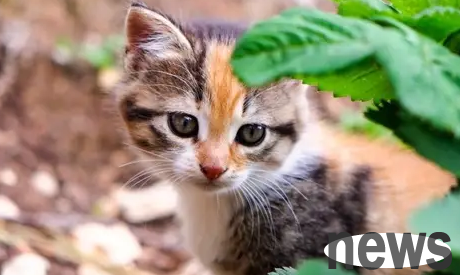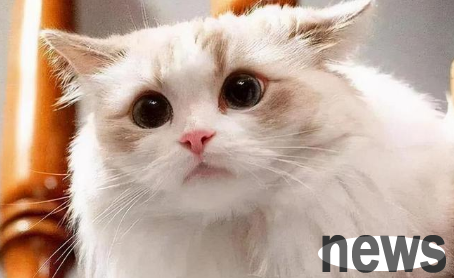Cats are very clean animals and usually clean themselves to keep their hair clean. However, if you find that your cat has severe hair loss, some measures may need to be taken to address this issue. Hair loss can be caused by a variety of reasons, in...
Cats are very clean animals and usually clean themselves to keep their hair clean. However, if you find that your cat has severe hair loss, some measures may need to be taken to address this issue. Hair loss can be caused by a variety of reasons, including health problems, dietary problems or environmental factors. Therefore, for hair loss, you need to consider possible causes and take appropriate measures to help your cat recover healthy skin and hair.

1. A good diet and nutrition
Ensure a cat's diet is balanced and contains enough nutrition is essential to maintaining healthy skin and hair. High-quality cat food usually contains the right amount of protein, vitamins and minerals, which are essential for cats' hair growth and health. In particular, protein is crucial to the structure and strength of hair, while vitamins and minerals help maintain skin health. Therefore, choosing high-quality cat food and ensuring a balanced diet of cats is one of the important steps to prevent and reduce cat hair loss problems.
2. Regular combing
Regular combing is one of the important steps to keep cats healthy. Using a comb that is suitable for cat hair type can help remove dead hair and reduce shedding and hair ball formation. For long-haired cats, combing may need to be done more frequently to prevent hair from being knotted and tangled. Combing not only helps keep the cat's appearance neat, but also stimulates the blood circulation of the skin and promotes new hair growth. Therefore, regular combing is very important to reduce cat hair loss.
3. Appropriate bathing
Appropriate bathing of cats as needed is one of the important measures to keep their skin and hair healthy. Bathing can remove dust, dirt and impurities from hair and reduce shedding. It should be noted, however, that not all cats like to bathe, and frequent bathing may weaken the natural oil protection layer on their skin. Therefore, the frequency of bathing should be determined based on the cat's individual situation and needs, usually once a month. When bathing your cat, use a gentle cat shampoo and make sure to rinse thoroughly with warm water to avoid residue irritating the skin. After finishing the shower, gently wipe the cat with a towel to prevent them from catching a cold.

4. Pay attention to environmental sanitation. Regular cleaning of home floors, furniture and bedding is one of the important steps to reduce cat hair loss. Falling cat hair will accumulate at home, which will not only affect the cleanliness and beauty of the home environment, but may also cause allergies and other problems. Therefore, regular cleaning of floors, furniture and bedding, such as using cleaning tools such as vacuum cleaners and wipes, can effectively reduce the accumulation of fallen cat hair at home. In addition, regular cleaning of the nest or bedding that cats often go to can also help reduce hair loss.
5. Seek veterinary help
If the cat has severe hair loss or has other abnormal symptoms, such as skin inflammation, itching, dehydration, loss of appetite, etc., you should seek medical treatment in time to rule out potential health problems. Possible health problems include skin diseases, internal and external parasite infections, malnutrition, allergic reactions, etc. Veterinarians can help determine cat health problems through examinations and diagnosis and provide corresponding treatment options. Early detection and treatment of health problems can help protect the health of your cat and reduce the severity of hair loss problems.
Cats are very clean animals and usually spend a lot of time cleaning themselves. However, if you find that your cat has severe hair loss, some measures may need to be taken to address this issue. Hair loss can be caused by a variety of reasons, including health problems, dietary problems or environmental factors. Therefore, for hair loss, it is necessary to carefully observe the cat's condition and take appropriate measures to help it restore healthy skin and hair.